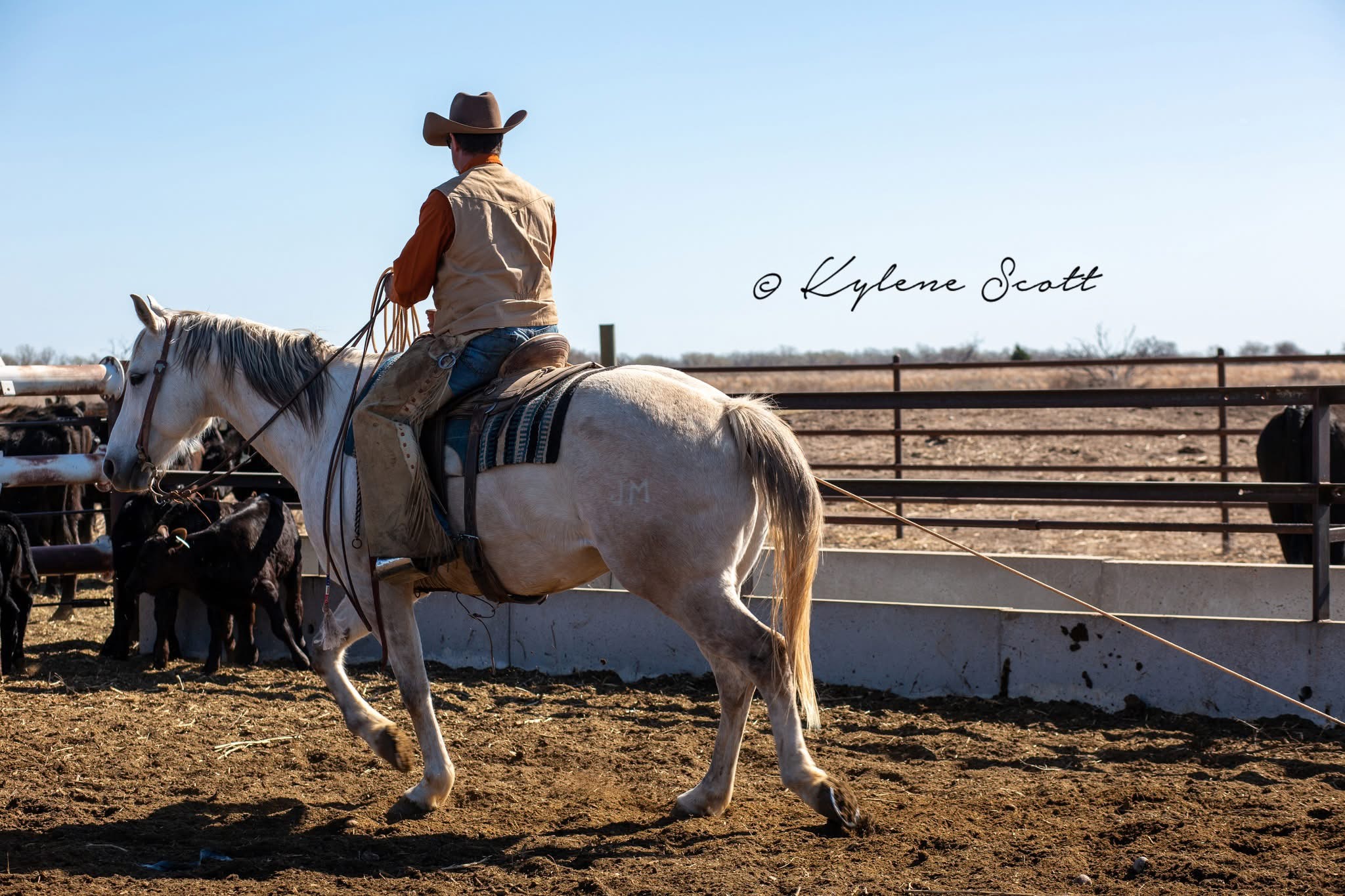After a long hiatus, the Yellowstone television series finally wrapped up prior to the holiday season. I’ve had some thoughts in my mind swirling since the last show aired.
We’ve watched it since the very beginning, and I’ve seen most all the episodes multiple times. We often have conversations regarding some of the topics and the way a scene was handled.
I know Hollywood doesn’t always portray farms and ranches in the best light, and while I can appreciate the effort Taylor Sheridan puts into his writing and the series, I struggle getting past some of the inaccuracies. But it does push me to see things in a different light.
Watching the scenes of the livestock and equipment auction unfold made the pit of my stomach turn. While my own dad was still alive when he sold out of the farming business, it’s still not easy. I cringe whenever I see farm equipment lined up in a row, ready for the buyers to inspect. I’ve never known them to happen as quickly as the Dutton’s did, but again, they had to wrap it up in a bow within an hour-long program.
While we all might have a villain in our lives that we’d like to take to the train station like Jamie, it just might be easier to work things out in real life. Easier said than done. The longer I think about it, if John wouldn’t have been so stubborn and had a succession plan, he might not have even had to run for governor and could have avoided paying the mountain of estate taxes that faced the ranch.
I know it’s hard to change the way “we’ve always done things” to something new and unproven, but what if it works? What if the new way keeps the banker and accountant happy and allows the government to get their share (even if we don’t agree with how much they’re taking from us.)
I struggled during the season as to why Kayce always felt trapped on the Yellowstone. How could you be trapped with mountain valley views as expansive as the Montana sky? How could you dislike the kind of lifestyle ranching provides? Maybe it was the thought of someone always wanting a piece of it even though they never had to work for it. Maybe it was the thought of protecting something that had been in the family for generations and failing to protect it or keep it going. I know many farmers and ranchers that don’t ever leave the place, but on the other hand I know plenty who spend time away from home.
But in reality, for Kayce it was probably all the bad stuff that happened at the ranch. His mother dying in front of his eyes. Being raised by a father who, although he was present, likely wasn’t interested in being much of a father. PTSD from being in the military and being sucked back to the ranch at the pull of his father after he got out, probably made a tiny part of him want to be loyal. But he is an adult and can make his own decisions about the path of his life.
But the bigger the ranch got, the bigger monster it became. It was a time suck, resource stealer and if I’m being really honest, the cowboy crew made the work take longer than it really needed to be with the added drama. Management and human resources had to be an absolute nightmare.
Despite the inaccuracies in the shows, it’s good for agriculture to be portrayed in a positive light. More than once I’ve watched and listened as Hollywood throws in their own thoughts and opinions on how food is produced. At least this is one step in the right direction.
Kylene Scott can be reached at 620-227-1804 or [email protected].




